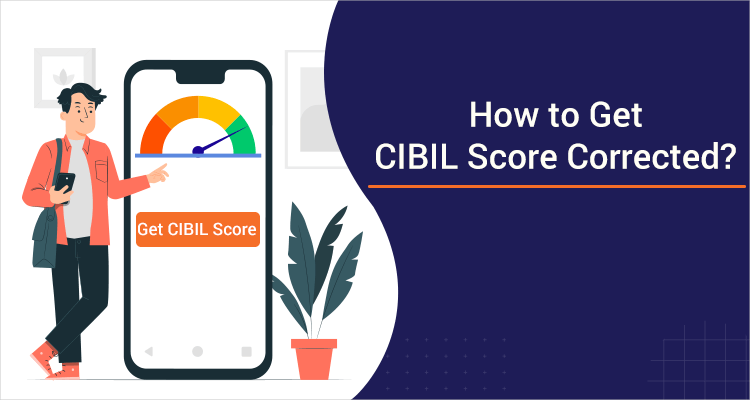The Benefits Of A Co-Applicant Or Co-Signer On Your Loan Application
Table of Contents
Loans for various purposes, be it to purchase a house, a car, for education, a financial emergency, or even to fund a wedding or a holiday, are now more easily accessible these days.
Such loans can usually be obtained without any hassle if one has an asset to submit as collateral or if they have a strong credit history. In the case of a collateralised loan such as a home loan, gold loan, or auto loan the lender has the security of recovering the loan by monetizing the asset if the dues are not repaid on time.
However, in the case of a personal loan or a business loan that is not collateralised, lenders typically prefer borrowers with a good credit history and a high CIBIL score.
A CIBIL score reflects the borrower’s credit history and helps lenders determine whether the person should be lent money or not. In other words, the CIBIL score tells a lender whether the borrower has the ability—and the intent—to repay the money in time or not.
CIBIL score ranges from 300 to 900. The closer the number is to 900, the higher is the likelihood of the loan application being approved.
A high credit score suggests that the borrower has been extremely prudent with their funds, paying off all or most of their debt, including credit card debt, on time and in full, with no or few defaults. For a lender, these people make good borrowers.
A low credit score, on the other hand, tells the lender that lending money to that person is a risky proposition because it shows that the borrower has either neglected or missed certain loan installments.
Good lenders typically prefer borrowers with a score of 750 or higher. Such people tend to get the best interest rates and several value-added services from lenders.
Advantages Of A Co-Signer or Co-Applicant
Many applicants may find it challenging to get a loan if they have little income, weak credit score or no credit history. In such a case, the borrower can better their chances of securing a loan by getting a co-applicant who has a better credit history and a significantly higher CIBIL score than them.
A co-applicant with a better credit score can help improve the overall credit score of the two borrowers and can improve their chances of getting the loan.
While it is impossible to forecast if a debt obligation will be defaulted, good assessment and credit risk management can help the lender to mitigate the situation. Loan defaults are cause for concern for both lenders and guarantors of loans.
A loan is an additional duty, and the guarantor needs to be aware of the dangers. So it's crucial to comprehend the meanings of co-signer and co-applicant when discussing accountability.
A co-signer is one who jointly agrees to be legally responsible to pay off the debt, if in case the primary borrower does not pay back the loan as agreed. In such cases, the primary borrower who receives the loan will be responsible for payments. Co-signing of the document by a more credible entity on loan documents, especially for business loans, helps borrowers with low income or minimal credit history to get a loan approved on negotiable terms.
On the other hand, a co-applicant or a co-borrower is a person who agreed to take on shared responsibility for the loan with another person. A co-applicant applies with the primary borrower for a loan and jointly shares the responsibility of paying the equated monthly installments (EMIs).
Two is better than one applicant both from a lender and a borrower’s perspective as it distributes the liability and the responsibility. It increases the chances of the borrower securing a loan as the lender feels more secure if the risk is distributed. For the lender, it is a safer option to extend the loan to two or more applicants, because in case one borrower is not able to fulfil the obligation, the other borrower is liable to do so.
Conclusion
Having a co-applicant with a stronger credit score can increase one’s chances of securing a loan if the borrower has a low credit score or a weak credit history.
Therefore, if one believes that their prospects of obtaining a personal loan are slim, they should try to convince a close relative—such as a parent, sibling, spouse, or close friend—or even a coworker—who has a solid credit history and a high CIBIL score, to sign on as a co-applicant.
People with the best credit scores often receive the most attractive interest rates from reputable lenders like IIFL Finance. The non-banking financial company provides personal loans with amounts ranging from Rs 5,000 to Rs 5 lakh entirely online and with little to no paperwork.
Disclaimer : The information in this blog is for general purposes only and may change without notice. It does not constitute legal, tax, or financial advice. Readers should seek professional guidance and make decisions at their own discretion. IIFL Finance is not liable for any reliance on this content. Read more




